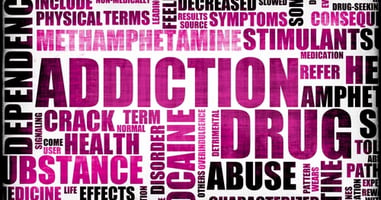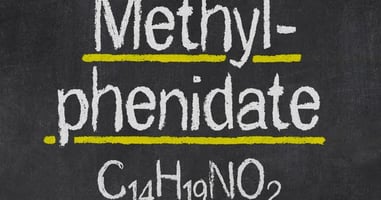Nine in Ten Children With ADHD May Experience Symptoms Into Young Adulthood

Up to 90% of children who have attention-deficit/hyperactivity disorder (ADHD) may continue to experience residual symptoms of the disorder into young adulthood even though many have periods of remission along the way, a study published online today in AJP in Advance suggests.
“The study findings emphasize that childhood-onset ADHD is a chronic but waxing and waning disorder with periods of full remission that are more often temporary than sustained,” wrote Margaret H. Sibley, Ph.D., of the University of Washington School of Medicine and Children’s Research Institute in Seattle and colleagues. “[Health professionals] should expect recurrence of clinically elevated ADHD symptoms and impairments in most patients who experience remission; continued periodic screening for recurrent symptoms and impairments should therefore be standard practice after successful treatment.”
Sibley and colleagues examined data from 558 participants with ADHD who had participated in the Multimodal Treatment Study of ADHD (MTA) and had at least one follow-up assessment over a 16-year period after initial assessment in the MTA. Follow-up assessments were offered to participants and parents at 2, 3, 6, 8, 10, 12, 14, and 16 years after baseline, and participants completed an average of 6.2 of the eight possible follow-up assessments. The average age of the participants who completed the follow-up assessments two years after baseline was 10.44 years, and the average age of participants who completed the assessments 16 years after baseline was 25.12 years.
Overall, 31.4% of the participants experienced full remission of their symptoms at a minimum of one time point. Among those, 59.4% then went on to have either a full or partial recurrence of ADHD after their initial period of full remission. Only 9.1% of participants experienced a full recovery from ADHD by the end of the follow-up period. In addition, 10.8% of participants consistently had symptoms of ADHD throughout the study, 15.6% experienced partial remission that was maintained through the study endpoint, and 63.8% had a pattern of fluctuating ADHD.
“[T]he results suggest that over 90% of individuals with childhood ADHD will continue to struggle with residual, although sometimes fluctuating, symptoms and impairments through at least young adulthood,” the researchers wrote.
The researchers noted that these results run counter to that of prior research that suggested that ADHD remits by adulthood in 50% of cases. The prior research considered ADHD symptoms at only a single point in time, however.
“The MTA’s longitudinal perspective highlights that full remission at a single time point should not be conflated with recovery from ADHD,” Sibley and colleagues wrote.
For related information, see the American Journal of Psychiatry article “Late-Onset ADHD Reconsidered With Comprehensive Repeated Assessments Between Ages 10 and 25,” also by Sibley and colleagues.
(Image: iStock/deimagine)
Lock in Lowest Registration Rates for APA’s Mental Health Services Conference
Register by Monday, August 16, to lock in the lowest registration rates for APA’s Mental Health Services Conference, to be held virtually on Thursday, October 14, and Friday, October 15. The meeting will feature educational programs and innovations in clinical services designed to ensure equal access to high-quality mental health care for all patients.





